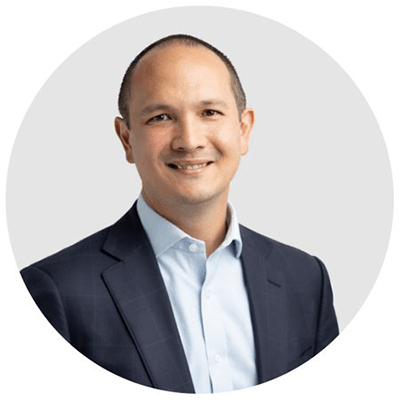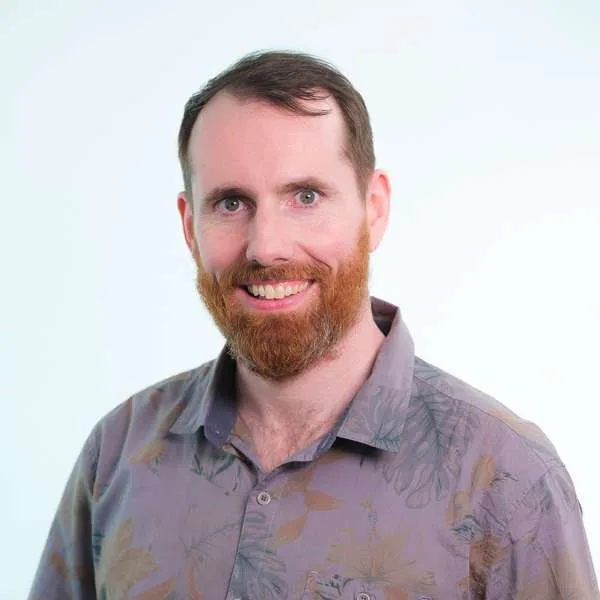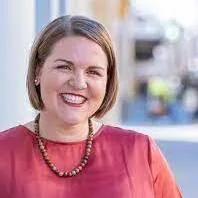Brenton Tong – Financial adviser and Managing Director of Financial Spectrum

FIRE is still viable in 2022. If anything, I expect to see the movement grow. Globally, there has been a shift in some societies to question if the current trajectory of life – 40 years of hard labour and an expensive lifestyle, is really the right way to do life. Many have resigned, and others are looking at life a little differently. With the growth in remote working, now is an incredibly unique time to be alive and wondering how you're doing to live yours.
Cost of living pressure is front-page news at the moment, and with an election on, it's a phrase that we're using or hearing hourly. And it's true, prices are up. On the face of it, you would think that the FIRE movement is under a bit of pressure and is it really possible? However, FIRE – as a concept – is alive and well and being used by many to achieve their financial aspirations. Of particular note, if you can move out of the expensive city areas and maintain your city job and salary, it's in fact easier today to build your nest egg than it ever has been.
For those that have to live in expensive areas, I'm afraid that it has become harder to save and build wealth – with a higher cost of living and rents increasing, it's going to get harder to squirrel away that money into your investment portfolio. This has a double negative – since you can't save as much, it takes longer to build and compound your wealth up to the level that you need, and you'll need more than ever before to keep up with the cost of living. What was a 10-year plan is now 12-, or even 15- for those facing cost-of-living pressure.
Specifically for Australians, we're seeing strong rent pressure in most capital cities – so if you're job keeps you close to the action and you can't work remotely, wage growth isn't quite high enough to keep up with rising living costs. FIRE isn't about doing without everything, but it is about keeping things very finely tuned and not living a lavish lifestyle. But even basic living now costs more. For places like Sydney, the alternatives aren't that great either. Move further out for cheaper rent? You have to then contend with long commutes, tolls, expensive transport or if you have a car, through-the-roof petrol prices.
Brenton's top tips for growing wealth
- Fine-tune your budget and have an acute awareness of where all your money is going. It's not about saving as much as possible, but extracting maximum value for what you do save. Question expenditure on the basis of: "does this add value?" There's nothing wrong with spending money, but FIRE is about not wasting it. Be smart about your lifestyle choices.
- Don't ignore superannuation. This is probably my #1 tip for people looking to retire early. You can't access your super until 60, so it's not going to be any use if you want to retire at 40, right? Totally wrong. You can't rely on super to fund your life for the first 20 years, but it's incredibly gratifying to receive a massive cheque when you turn 60 because you were smart with your super fund. Money goes into super pre-tax and is only taxed at 15% – this gives you more capital to invest for the long term and the returns are taxed at a maximum of 15% - so the compounding effect is massive. Make sure the fees are low and the money is invested well.
- Manage your risk. While there are many great investment ideas out there, don't get too carried away with all the great rapid ways of developing wealth. As a rule, wealth comes to those that are patient and consistent. If you want to use Crypto, as an example, do so but in moderation. The old saying "don't keep all your eggs in one basket" can't ring truer. If you have multiple assets in different investments, then when it's time to call on the money it's likely that some will be performing well, some not so. The idea is to always have money that you can draw upon willingly, rather than reluctantly taking a loss.






